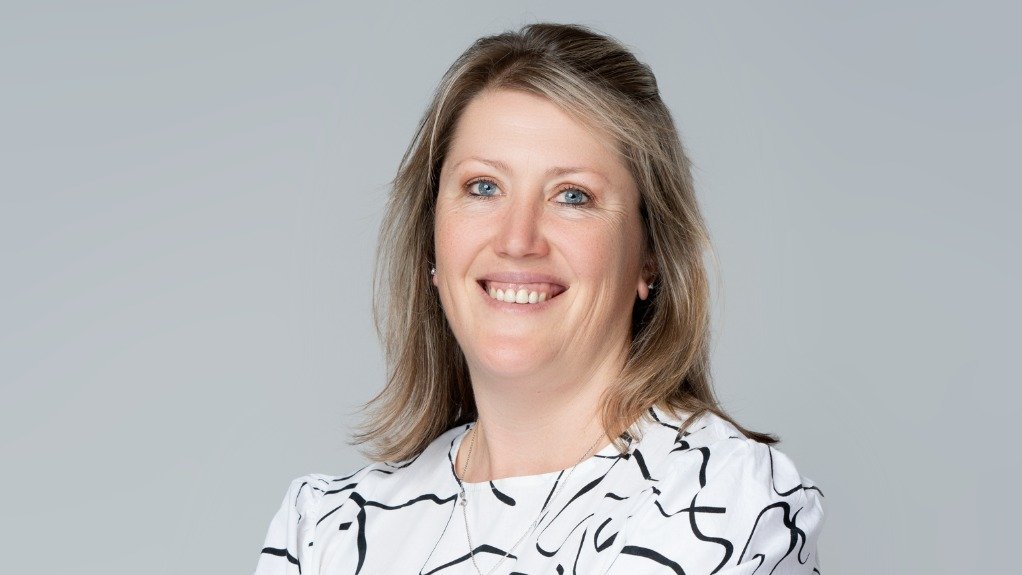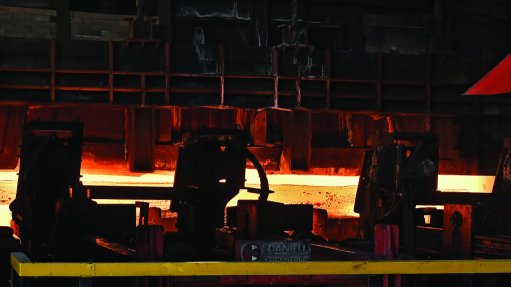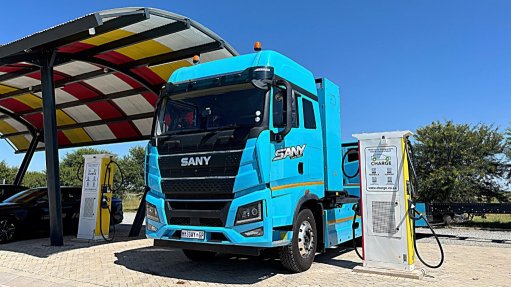How RMA’s prevention programme is transforming workplace safety in South Africa’s metals sector
This article has been supplied.
Rand Mutual Assurance (RMA) launched its Prevention Programme in 2022, intending to drive measurable improvements in worker safety across South Africa’s metals and engineering sector. Three years on, the initiative has not only delivered on that promise, but it is also reshaping the very culture of occupational health and safety.
What began as a modest pilot involving 10 companies has evolved into a robust, sector-wide intervention. Today, the programme supports 80 companies operating across more than 500 sites, safeguarding the well-being of over 39 000 employees.
“The total case incident rate (TCIR) variance for our first cohort has dropped by 29% year-to-date. But the real story lies in the cultural transformation. Safety is no longer just a box-ticking exercise; it is becoming a shared value,” says Dr Jessica Hutchings, RMA’s Head of Prevention.
She notes that the programme is particularly transformative for small and mid-sized enterprises, many of which lack dedicated safety personnel.
“In companies with fewer than 200 employees, health and safety responsibilities often fall to HR or production teams. This underinvestment leads to inadequate training, incorrect PPE, poor signage and substandard machinery conditions,” she says.
To address this, RMA mandates legal liability training at the outset. It helps management understand that health and safety is not optional, but a legal obligation, a moral imperative and a smart business decision.
“However, our Prevention Programme goes beyond physical safety, offering holistic wellness support at no cost to members in the metals class. Financial counselling alone has helped employees save a collective R592 000 through improved money management. When workers are mentally and financially well, they’re less distracted, more present and better equipped to perform safely,” says Hutchings.
The programme has also catalysed long-overdue health initiatives. Chronic illness monitoring has been implemented, and some companies have conducted employee medicals for the first time in their decades-long histories. One company, founded in the early nighties, only introduced medicals after joining the programme in 2023, which speaks volumes about the programme’s influence.
“Since implementation, participating companies have reported fewer workplace injuries and occupational health issues. We have seen a marked decrease in both the frequency and severity of injuries. Education, awareness, and leadership engagement have fostered better incident reporting and investigation,” says Hutchings.
A cornerstone of the programme is its collaboration with labour unions. RMA has trained over 4 100 shop stewards across five unions, empowering them to advocate for safer working conditions and serve as health and safety ambassadors.
“This bottom-up approach complements our top-down interventions, creating a comprehensive safety ecosystem,” Hutchings explains.
With proven success in the metals sector, RMA is now exploring expansion into mining, particularly to support junior and artisanal miners. “The pilot confirmed our hypothesis: prevention reduces incident rates. Our long-term vision is to scale the programme through both direct and indirect solutions. But we know we cannot do it alone; our stakeholders and partners are essential,” she adds.
Chris Pieters, National SHEQ Manager at Route Management, one of RMA’s largest clients in the metals class, attests to the programme’s tangible benefits. “Safety used to be seen as a compliance requirement. Now, it’s actively embraced,” he notes.
“We’ve seen a 50% reduction in lost time injuries (LTIs) over the past year. That is down from an average of 300 LTIs annually across our group of 25 companies and 4 700 employees.”
In a sector where safety has often been reactive, RMA’s Prevention Programme is proving that proactive, people-centred strategies can drive lasting change. It is not just about reducing numbers; it is about redefining norms.
Article Enquiry
Email Article
Save Article
Feedback
To advertise email advertising@creamermedia.co.za or click here
Comments
Press Office
Announcements
What's On
Subscribe to improve your user experience...
Option 1 (equivalent of R125 a month):
Receive a weekly copy of Creamer Media's Engineering News & Mining Weekly magazine
(print copy for those in South Africa and e-magazine for those outside of South Africa)
Receive daily email newsletters
Access to full search results
Access archive of magazine back copies
Access to Projects in Progress
Access to ONE Research Report of your choice in PDF format
Option 2 (equivalent of R375 a month):
All benefits from Option 1
PLUS
Access to Creamer Media's Research Channel Africa for ALL Research Reports, in PDF format, on various industrial and mining sectors
including Electricity; Water; Energy Transition; Hydrogen; Roads, Rail and Ports; Coal; Gold; Platinum; Battery Metals; etc.
Already a subscriber?
Forgotten your password?
Receive weekly copy of Creamer Media's Engineering News & Mining Weekly magazine (print copy for those in South Africa and e-magazine for those outside of South Africa)
➕
Recieve daily email newsletters
➕
Access to full search results
➕
Access archive of magazine back copies
➕
Access to Projects in Progress
➕
Access to ONE Research Report of your choice in PDF format
RESEARCH CHANNEL AFRICA
R4500 (equivalent of R375 a month)
SUBSCRIBEAll benefits from Option 1
➕
Access to Creamer Media's Research Channel Africa for ALL Research Reports on various industrial and mining sectors, in PDF format, including on:
Electricity
➕
Water
➕
Energy Transition
➕
Hydrogen
➕
Roads, Rail and Ports
➕
Coal
➕
Gold
➕
Platinum
➕
Battery Metals
➕
etc.
Receive all benefits from Option 1 or Option 2 delivered to numerous people at your company
➕
Multiple User names and Passwords for simultaneous log-ins
➕
Intranet integration access to all in your organisation





















